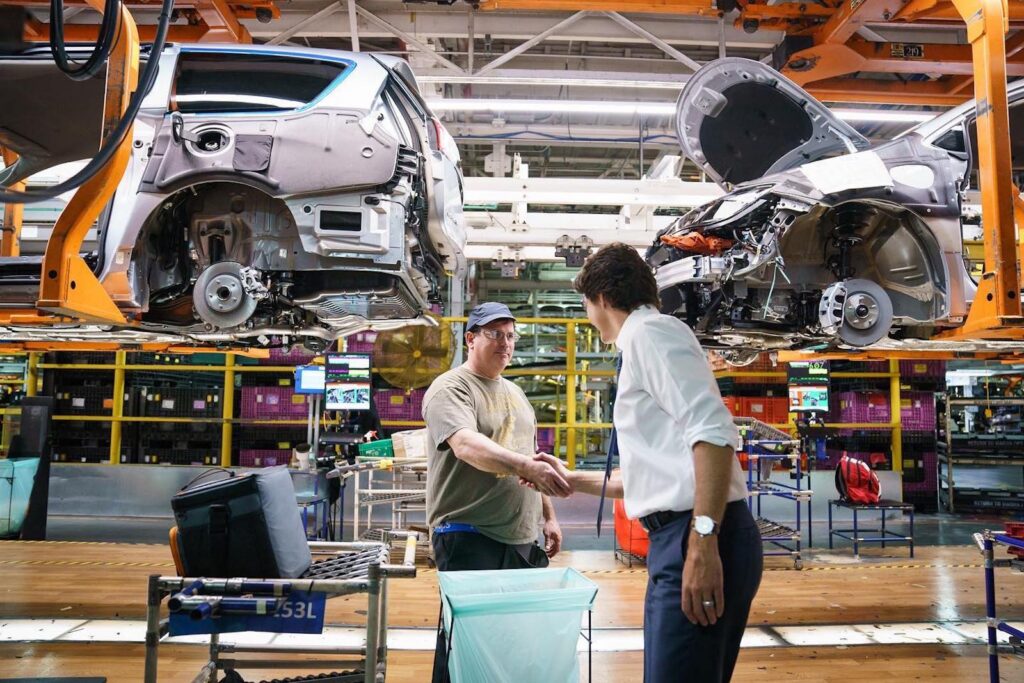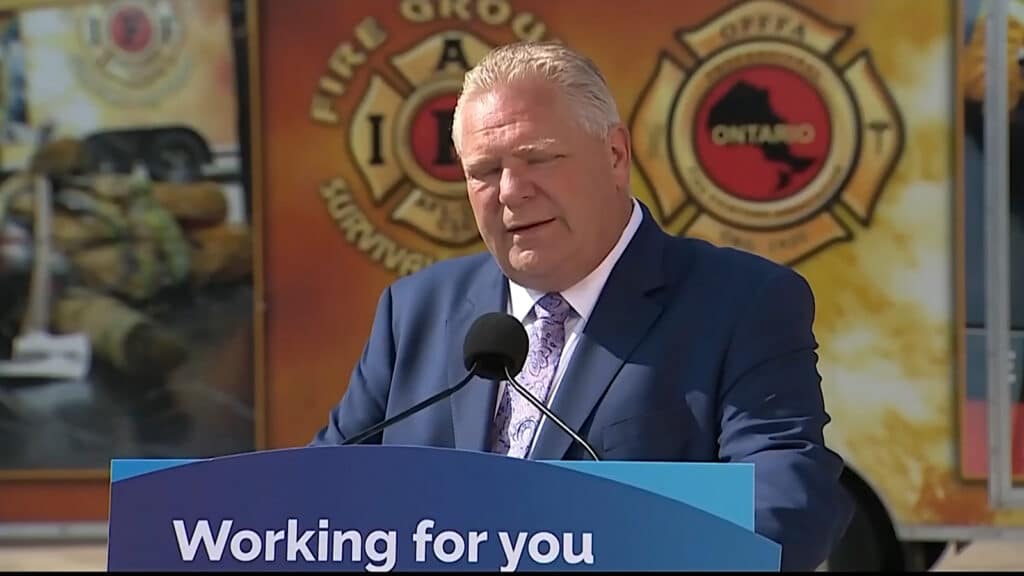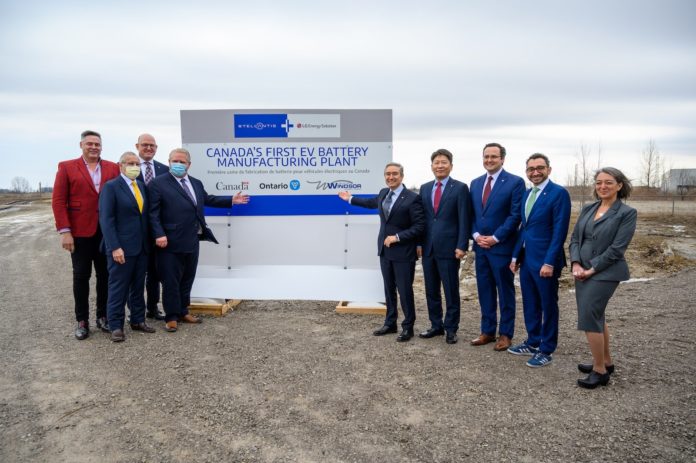While negotiating with the federal government, Stellantis halted building at a $3.7 billion electric vehicle battery project in Canada that is being built in collaboration with LG Energy Solution (LGES) of South Korea. Assuming the provincial government also contributes financially, Canada’s industry minister is optimistic about reaching an agreement with automaker Stellantis over subsidies to establish a battery plant in Windsor, Ontario.
Industry Minister Francois-Philippe Champagne told reporters at a news conference in Seoul, “I’m very confident that we will reach an agreement” during a meeting with LGES.
He said discussions with the corporation were still ongoing and that it was crucial that the provincial government of Ontario “pay its fair share.”
What’s at stake
As a result of Canada’s decision in April to offer up to C$13 billion, or more than $9.5 billion, in subsidies and a C$700 million, or $520.2 million, grant to entice German automaker Volkswagen AG to locate its North American battery plant there, tensions between Stellantis and LGES rose having previously announced their investment in a battery plant.
Stellantis plans to spend $2.8 billion as part of the company’s long-term strategy to invest $35 billion through 2025 in electrification and software globally.

The Windsor Assembly Plant will undergo changes as part of the investment to facilitate flexible manufacturing using a new multi-energy vehicle design that will enable the plan to manufacture various battery-electric vehicles on the same architecture, with retooling expected later this year.
Similarly, next year, the Brampton Assembly Plant will undergo a complete retooling and modernization to build new EVs on a new battery electric architecture
The new investment in Ontario, Canada ensures the future of the Windsor and Brampton assembly plants while expanding its Automotive Research and Development Center in Windsor that is to generate 45 gigawatt hours annually, while providing an estimated 2,500 new jobs.
Bad timing
But Stellantis has stopped all construction at the site, saying the government has not fulfilled its promises.

“It really worries me,” Ontario Premier Doug Ford told Reuters. “We need the federal government to step up as they did for Volkswagen.”
As a result, the companies will implement contingency plans, although what they may be remains unclear. It’s possible that Stellantis could stop the project if funding similar to what Volkswagen received is not offered to sweeten the deal.
After President Joe Biden signed the Inflation Reduction Act last summer, Prime Minister Justin Trudeau promised financial assistance to make Canadian manufacturing facilities competitive with U.S. ones. His administration then gave Volkswagen AG the sizable financial package.
However, in a fit of unfortunate timing, Stellantis and LG’s Windsor announcement came out months before Biden signed that bill, which includes generous incentives for manufacturing of electric automobiles.

